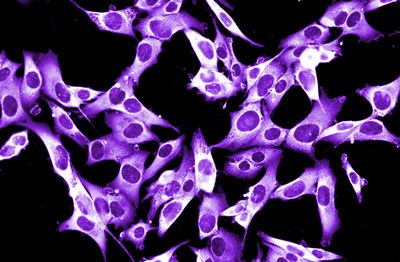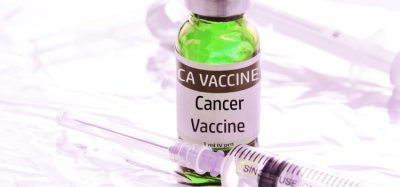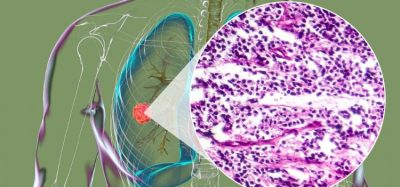Study describes extraordinarily potent mRNA cancer immunotherapy
Posted: 2 June 2016 | | No comments yet
BioNTech has announced the publication of a study that describes the first example of a clinically relevant and systemic mRNA cancer immunotherapy…


BioNTech AG has announced the publication of a study that describes the first example worldwide of a clinically relevant and systemic mRNA cancer immunotherapy.


The study outlines a novel and elegantly simple approach to target a nanoparticle mRNA vaccine (RNA-LPX) body-wide to dendritic cells in the spleen, lymph nodes and bone marrow, where a highly potent, dual-mechanism immune response mimicking a natural antiviral immune response is rapidly elicited. The dual mechanism involves both adaptive (T-cell-mediated) and innate (type-I interferon (IFN)-mediated) immune responses, with the IFN response being essential for full anti-tumour effects of the vaccines.
Commenting on the study, Professor Dr Ugur Sahin, CEO of BioNTech AG, said: “Our study introduces a novel class of extraordinarily potent cancer vaccines that enables efficient redirection of the immune system against a wide range of tumour antigens. This is a major step towards our aim to make truly personalized cancer immunotherapies available and applicable to all cancer types.”
The publication presents new findings from the interdisciplinary collaboration between scientific and clinical teams at BioNTech AG, TRON, Research Center for Immunotherapy (FZI) and partners at the University Medical Centre at the Johannes Gutenberg University Mainz and the Heidelberg University Hospital. The Group has pioneered individually tailored mRNA cancer vaccines and aims to progress clinical development to provide cancer patients and their treating physicians with new therapy options.
Mode of action and efficacy data
The publication further provides mode of action and efficacy data for this novel vaccine class in several preclinical tumour models and reports early data from a Phase I dose-escalation, safety and tolerability trial (NCT02410733) of an intravenous RNA-LPX vaccine in melanoma patients. Crucially, in these patients, very low initial doses, lower than those used in preclinical studies, very rapidly elicited such a strong CD4+ and CD8+ T cell response that ex vivo culture was not required for detection. To date this vaccine has been very well tolerated and no severe toxicities have been observed.
The Phase I melanoma study continues to recruit patients and BioNTech is planning and executing additional RNA-LPX vaccine studies for different cancer types. BioNTech owns all commercial rights for exploitation of the entire concept.








